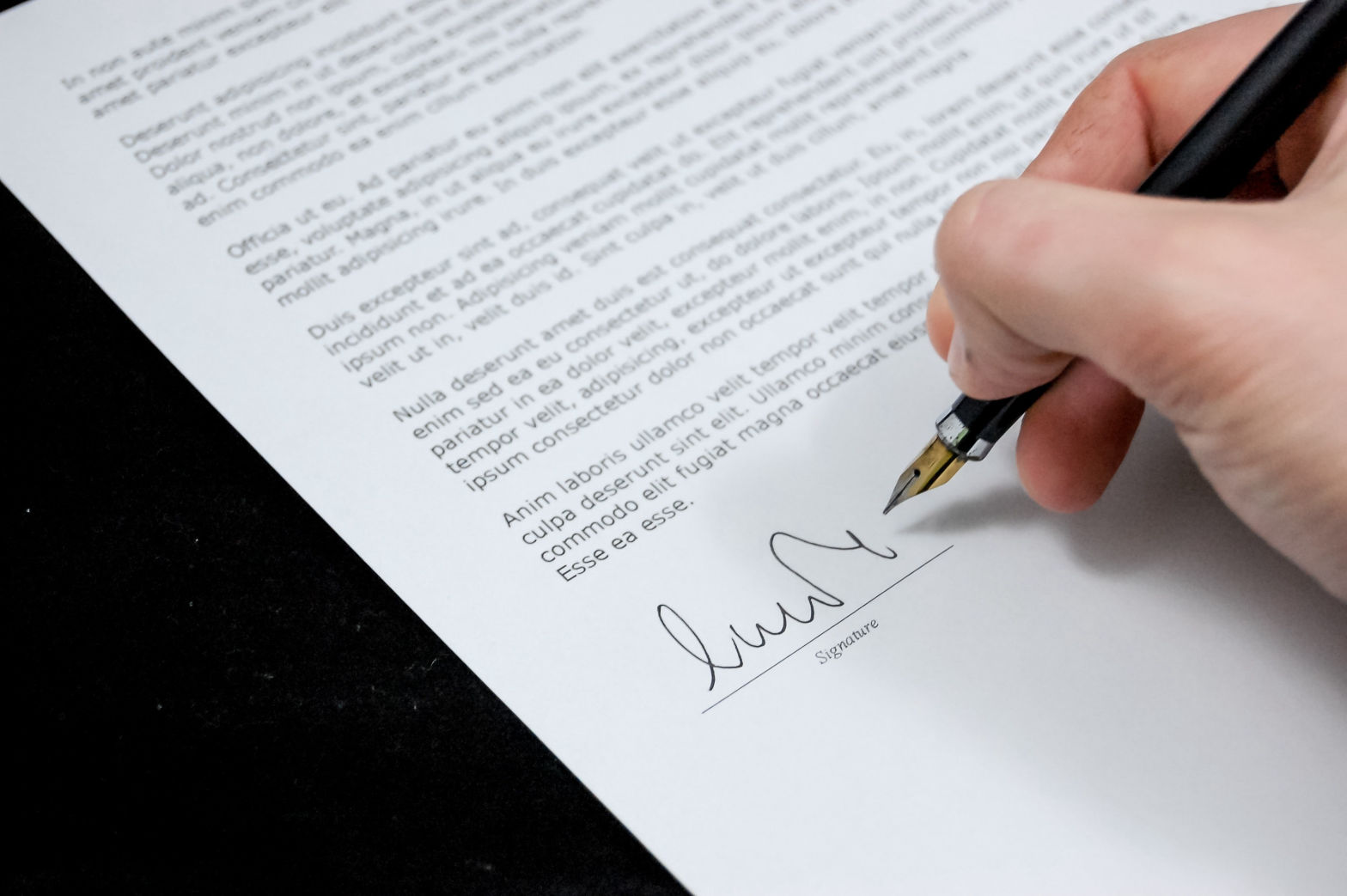
Credit repair letters are part of your strategy to rebuild your credit. By drafting and sending these letters, you can take another step forward in recovering from a negative event that has caused a negative mark on your credit report. In addition to the standard recommendations to dispute any erroneous information, add a statement that you want to investigate further so they cannot disregard it. If a dispute does not work, you can use one or more of these letters as part of your strategy for rebuilding your credit by addressing the reason for the black mark on your record. Accordingly, each letter addresses a different topic and has its own objectives. A successful outcome will result in less damage from the event and better credit scores for you.
Credit Repair Letter For A Late Payment
A late payment dispute is one of the most common credit repair letters. You may have been given an incorrect payment date, or the account may have been sold to a new owner, who may be more strict about due dates. If you are able, you can pay the account off, but even if you cannot, you can dispute an incorrect status. You can also try to negotiate to pay a reduced amount if you are not able to pay the full amount. If the account is a significant amount of money, you can also try to negotiate a settlement. You can also dispute any inaccuracies that may be appearing on your credit report, and you can add a sentence stating that you want to investigate further so the credit bureau cannot dismiss it as a standard dispute.
Credit Repair Letter For Fraudulent Accounts
If you believe that the account on your credit report is not yours, you can dispute it and add a statement that you want to investigate further. Most of the time, you can choose to send your letter to the credit bureau, or to the debt collector who provided the incorrect information. You can also write to the original creditor, but it is less likely that they will respond as quickly. If you are correct in your analysis, the account will be removed, and the person who fraudulently opened the account will be pursued for the actions taken. If you are wrong, the account will remain, and you will need to start the process of repairing your credit again.
Credit Repair Letter For A Report Mistake Or Discrepancy
If you notice a mistake, such as an incorrect address or a misspelled name, you can dispute the item on your credit report as a reporting mistake. You can also dispute other items if you notice a discrepancy between what is on your report and what should be there. For example, if your credit report has a higher balance than you know you owe, you can dispute the higher balance. You can also dispute incomplete information, and you can add a sentence stating that you want to investigate further so the credit bureau cannot dismiss it as a standard dispute. If you notice that the account has incorrect, or incomplete information, you can also dispute that as well.
Credit Repair Letter For Incorrect Debt Information
If you have already fought an account and lost, you can still dispute the incorrect debt information. You can also dispute incorrect information if you believe you have a valid explanation for the incorrect information. You can request that the credit bureau investigate the information or that the debt collector investigate the item in error. If you request that the credit bureau investigate, you can also add a sentence stating that you want to investigate even further so they cannot disregard your original request.
Summary
Credit repair letters are an important part of your credit repair strategy. They provide an opportunity to dispute incorrect information that is appearing on your credit report. The letters also provide you with an opportunity to investigate certain items so you can determine the best course of action. When you send a credit repair letter, follow the standard format, provide accurate information, and make sure to add a sentence that you want to investigate further so that your request can’t be dismissed too easily.
